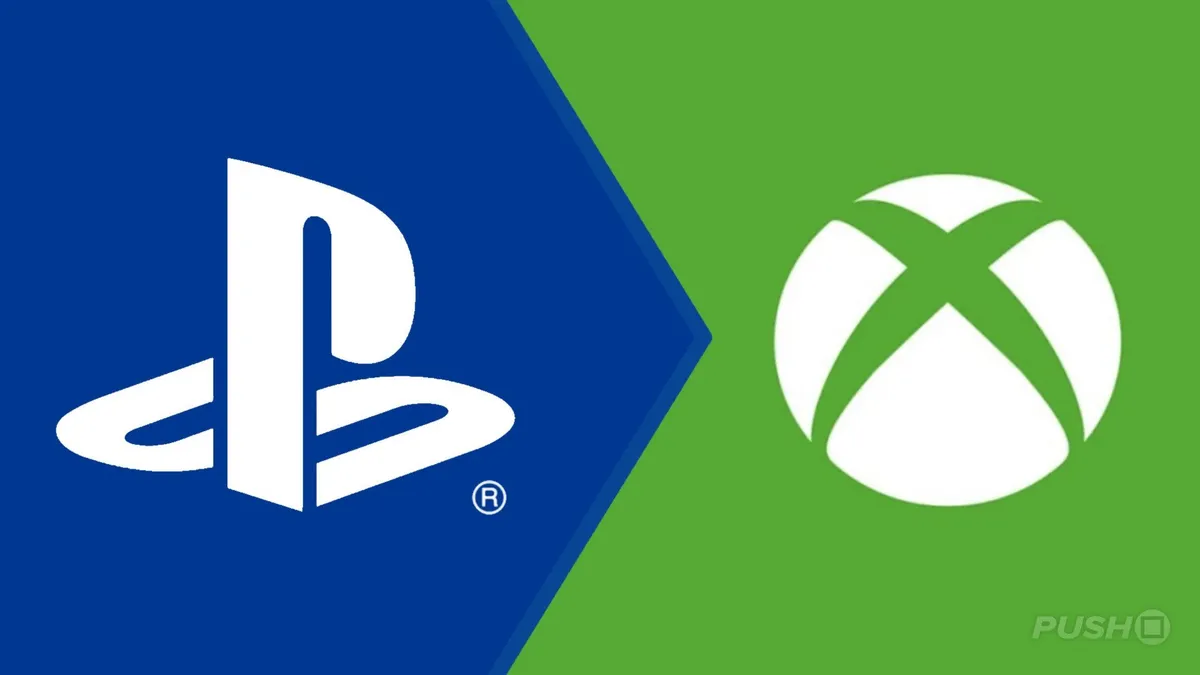
The highly anticipated PS6, set to launch in 2027, is generating buzz, especially regarding its expected performance in comparison to Microsoft's next-generation Xbox. Recent insights reveal that while the PS6 may be less powerful than its Microsoft counterpart, the financial implications of this disparity could be significant.
In an exclusive interview with Mashable, Xbox's head, Sarah Bond, shared intriguing details about the upcoming Xbox hardware. She emphasized that the next-gen console will deliver a “very premium and high-end curated experience.” This statement hints at a potentially high price point, suggesting that consumers might be looking at a more boutique gaming experience.
On the social media platform X (formerly Twitter), hardware analyst KeplerL2 weighed in with his price predictions for the PS6 in contrast to the next Xbox. He speculated, “$600 vs $1,200 is my guess.” While this forecast is purely speculative, KeplerL2 elaborated on his reasoning, pointing out that the next Xbox will feature “42% more silicon, 20% more memory, higher board and cooling costs,” and will lack the ability to subsidize hardware sales through third-party store support.
Rumors suggest that Microsoft's next Xbox may operate similarly to a Windows PC, providing access to various competing storefronts such as Steam, GOG, and Epic Games Store. This transition marks a significant shift from the traditional console model, which has typically relied on a “walled garden” approach. For instance, Sony has historically sold its consoles at a loss or at break-even prices to expand its user base, generating revenue through software sales where it takes a 30% cut from each game sold.
The evolution of the next Xbox to include access to multiple storefronts could diminish its competitive edge, resulting in a higher retail price for the console. This divergence in strategy indicates that Sony and Microsoft are pursuing very different objectives. While the PS6 appears to target a mass-market audience, the next Xbox seems aimed at a more niche demographic, appealing to consumers seeking a high-end gaming experience.
As the gaming landscape continues to evolve, it will be fascinating to observe how these developments unfold. The contrasting approaches of Sony and Microsoft may redefine the future of gaming consoles, and consumers will be eagerly watching to see which strategy prevails.